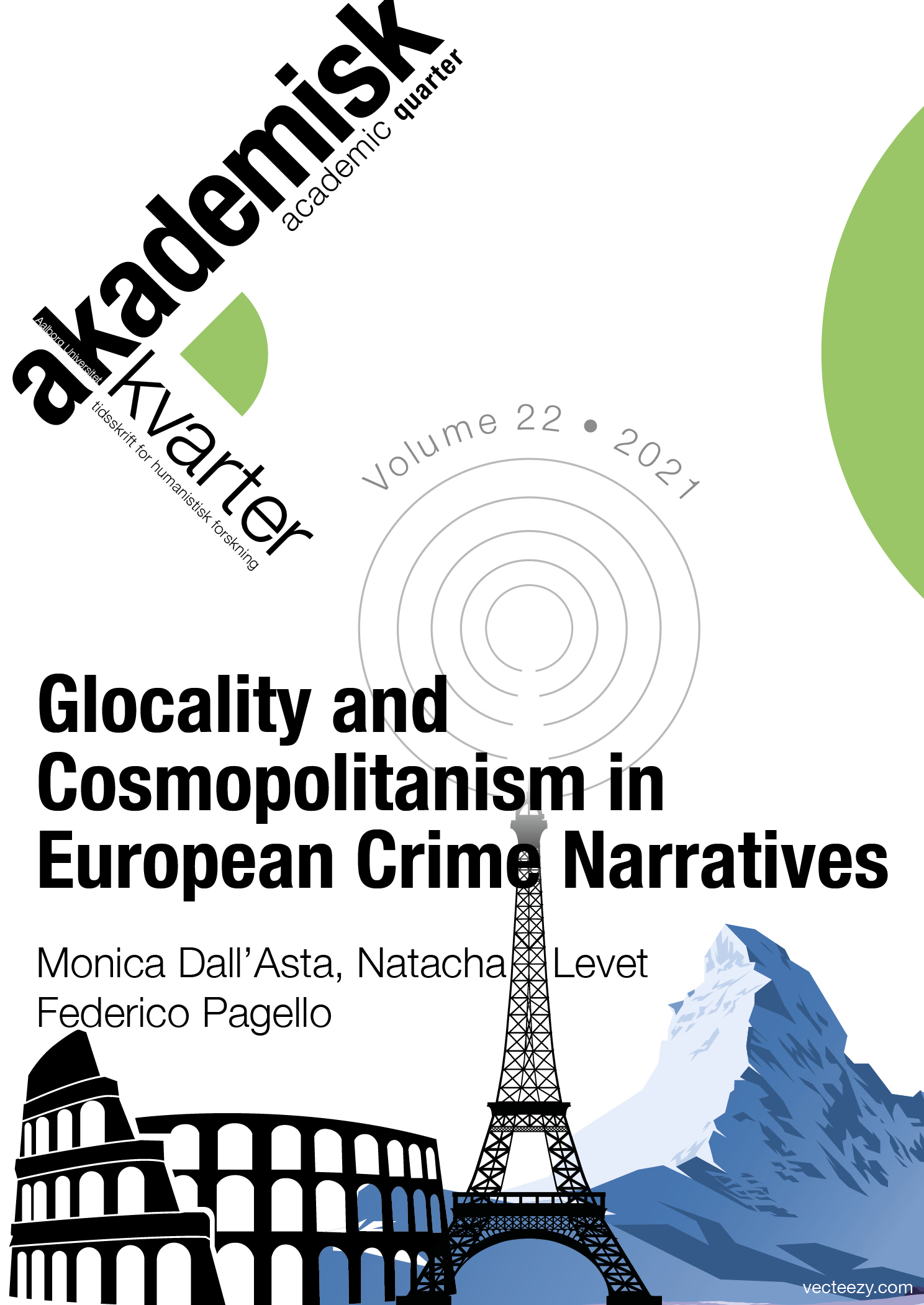Abstract | Abstract
As an introduction to this issue of Academic Quarter, the article offers a few reflections on how the notions of glocalism and cosmopolitanism can help frame the transcultural significance of one of the most popular narrative genres of the last decades – crime fiction. Stemming in part from the research conducted in the frame of the European Union’s Horizon 2020 DETECt project, the articles in this issue explore whether or not European crime fiction, in its different literary, audio-visual and transmedia manifestations, has been contributing to shape a cosmopolitan culture across the continent. Since the fall of the Berlin Wall in 1989, the European crime genre has increasingly exploited the diversity of European cultures and landscapes to create engaging narratives able to travel transnationally. In so doing, it has become one of the clearest examples of today’s glocal culture, but the question remains of whether its celebration of local singularities on a global scale has concretely promoted the generation of cosmopolitan identities able to transcend the barriers that national and linguistic boundaries keep maintaining between different countries and communities.
